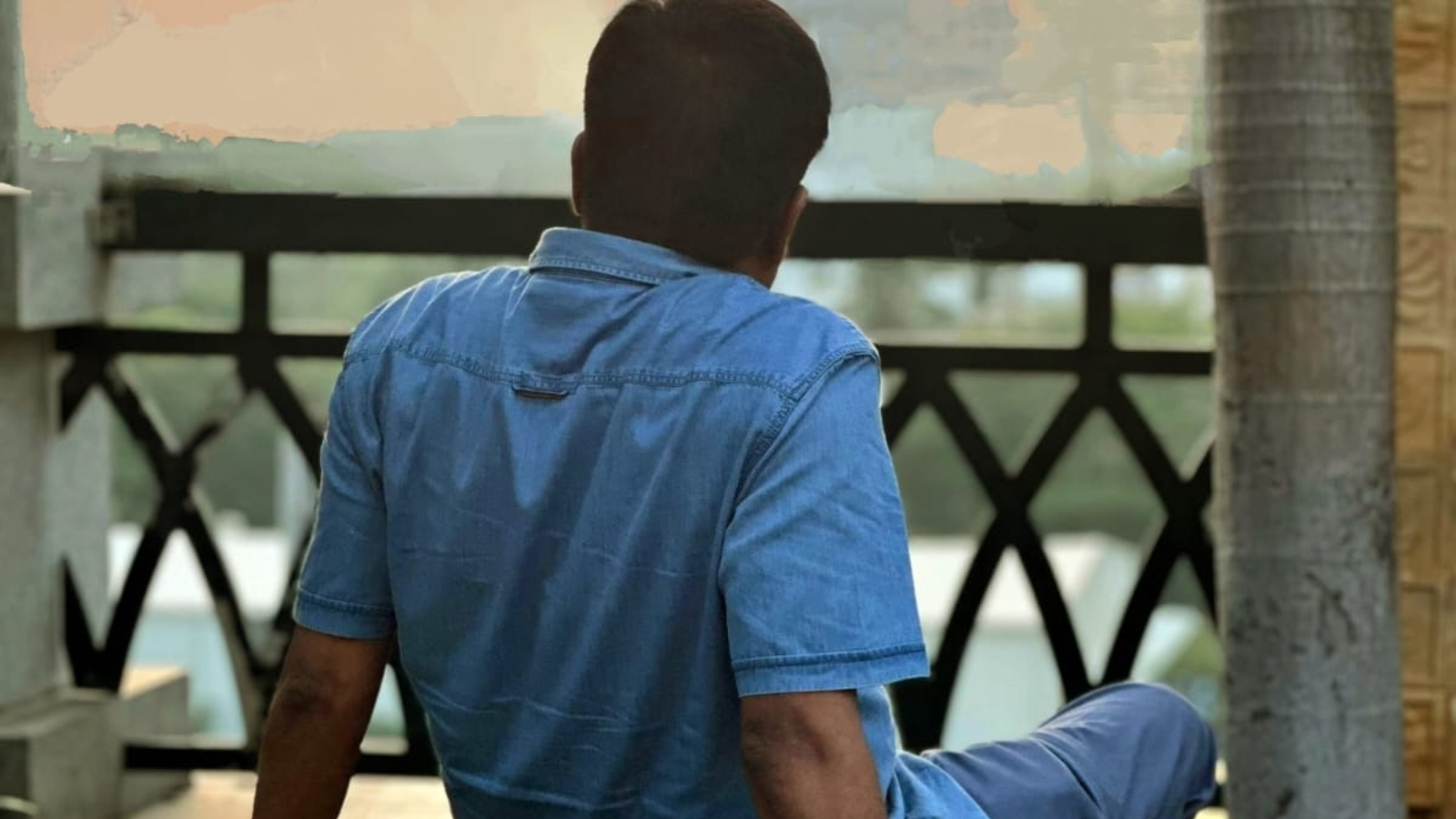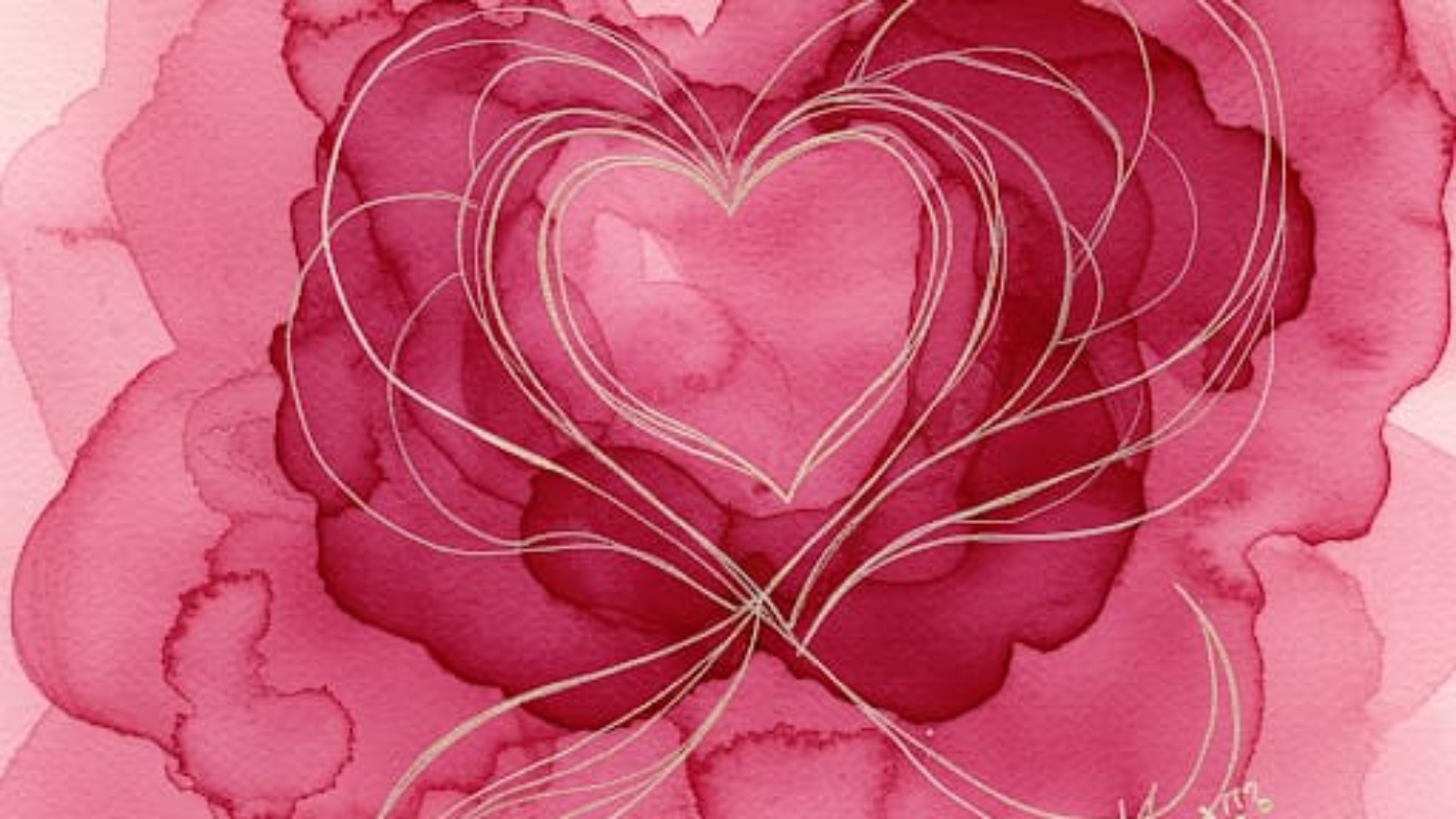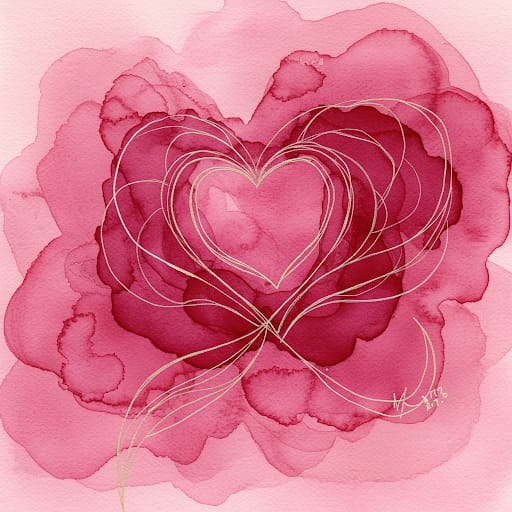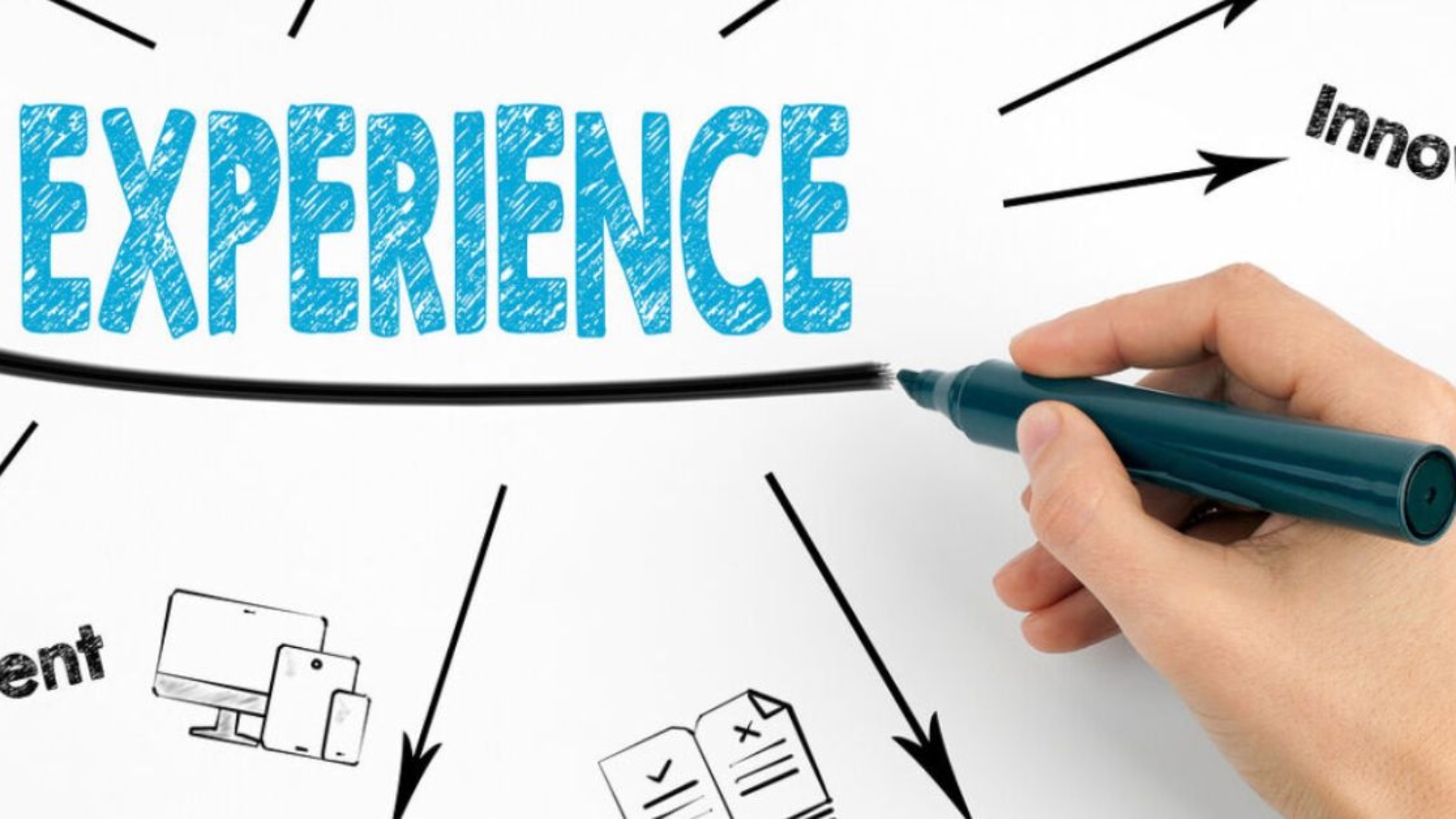STRANDOMS: the stray and random thoughts
MAY 24 ,2025
S.RAMKUMAR
Tribute to Campuses: Shaping lives!
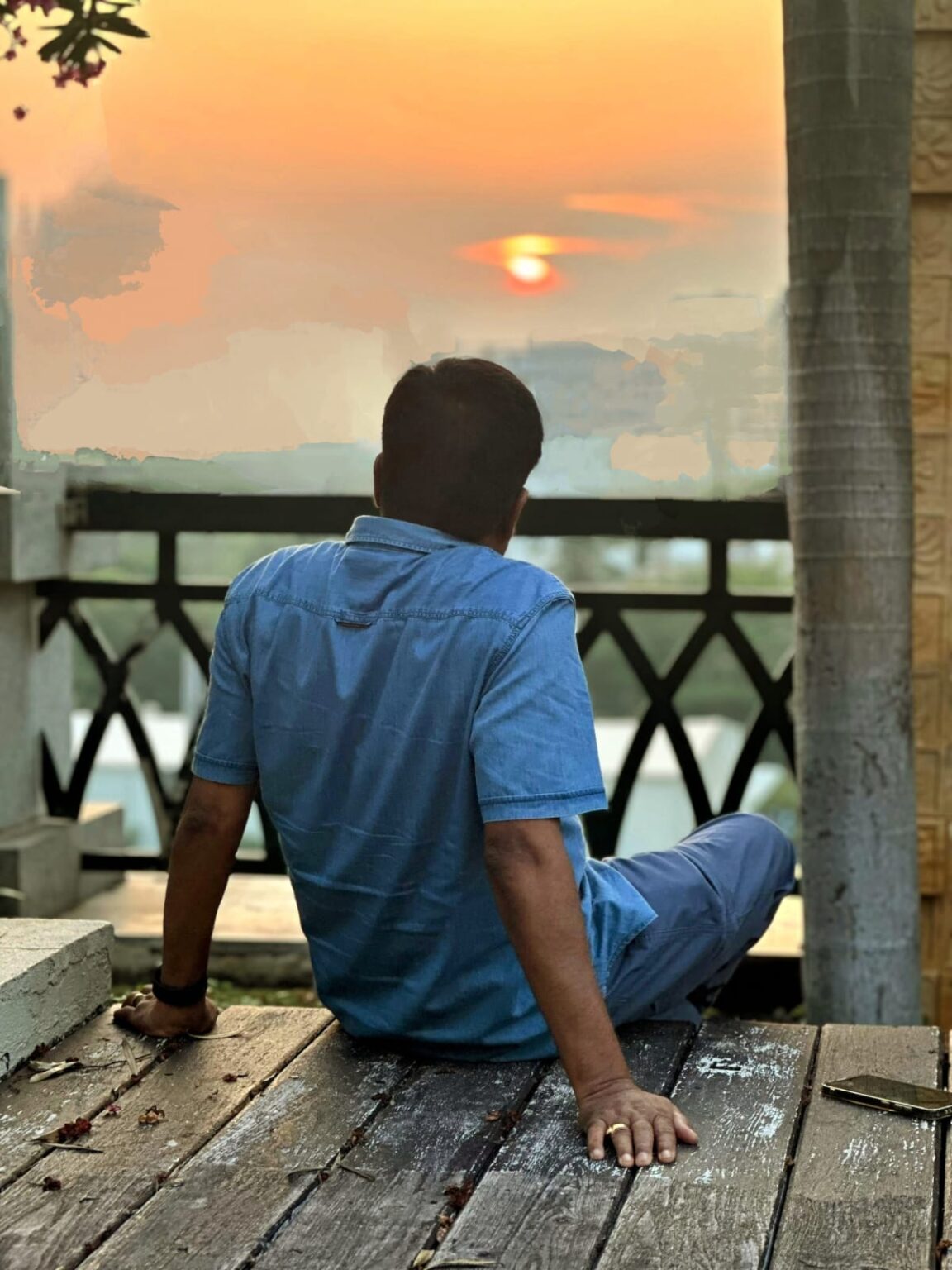
Campuses, the places where we learn and work, visibly influence our outlook and happiness, offering cherished memories for a dynamic life. They are like extended homes for a wishful mind, available to us to refresh at any moment, helping us to think and be happy, no matter where we are.
The three campuses I’ve had the privilege to experience (chosen from many) are the College of Veterinary and Animal Sciences (COVAS), Mannuthy, Kerala (where I completed my undergraduate and postgraduate courses and began my career as an Assistant Professor), The University of Reading, UK (where I pursued my PhD and postdoc, and later visited as a researcher), and the Rajiv Gandhi Institute of Veterinary Education and Research (RIVER), Puducherry (as Faculty and Dean)
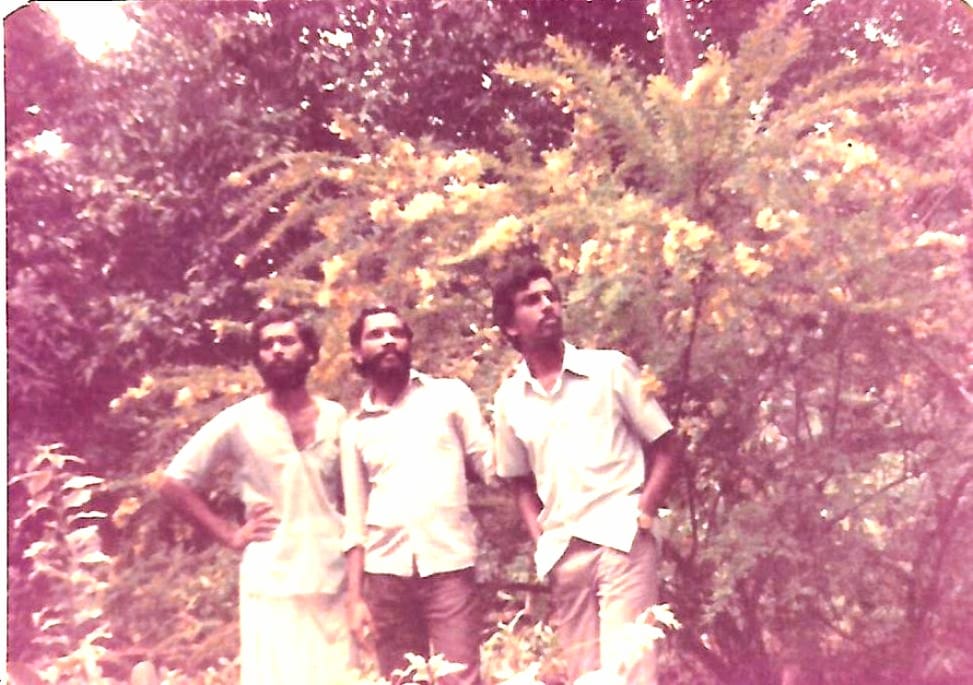
At COVAS, Mannuthy, 1987
COVAS, Mannuthy
The sunsets viewed from the men’s hostel (the only one at the time), the verdant corridor of trees beside the lovely green stadium, and the small hill behind the campus, accessible by crossing the canal, make COVAS a truly unique life experience. The transformation from teenager to young adult, the newfound freedom with lifelong friends, and the wonderful, connected faculty and staff all contribute to the freshness and richness of being on that campus. These experiences shape us for the future. All our loves—studies, sports, arts, friends, fun, tours, classes, outings—blend seamlessly within the wider canvas of a campus that truly lives.
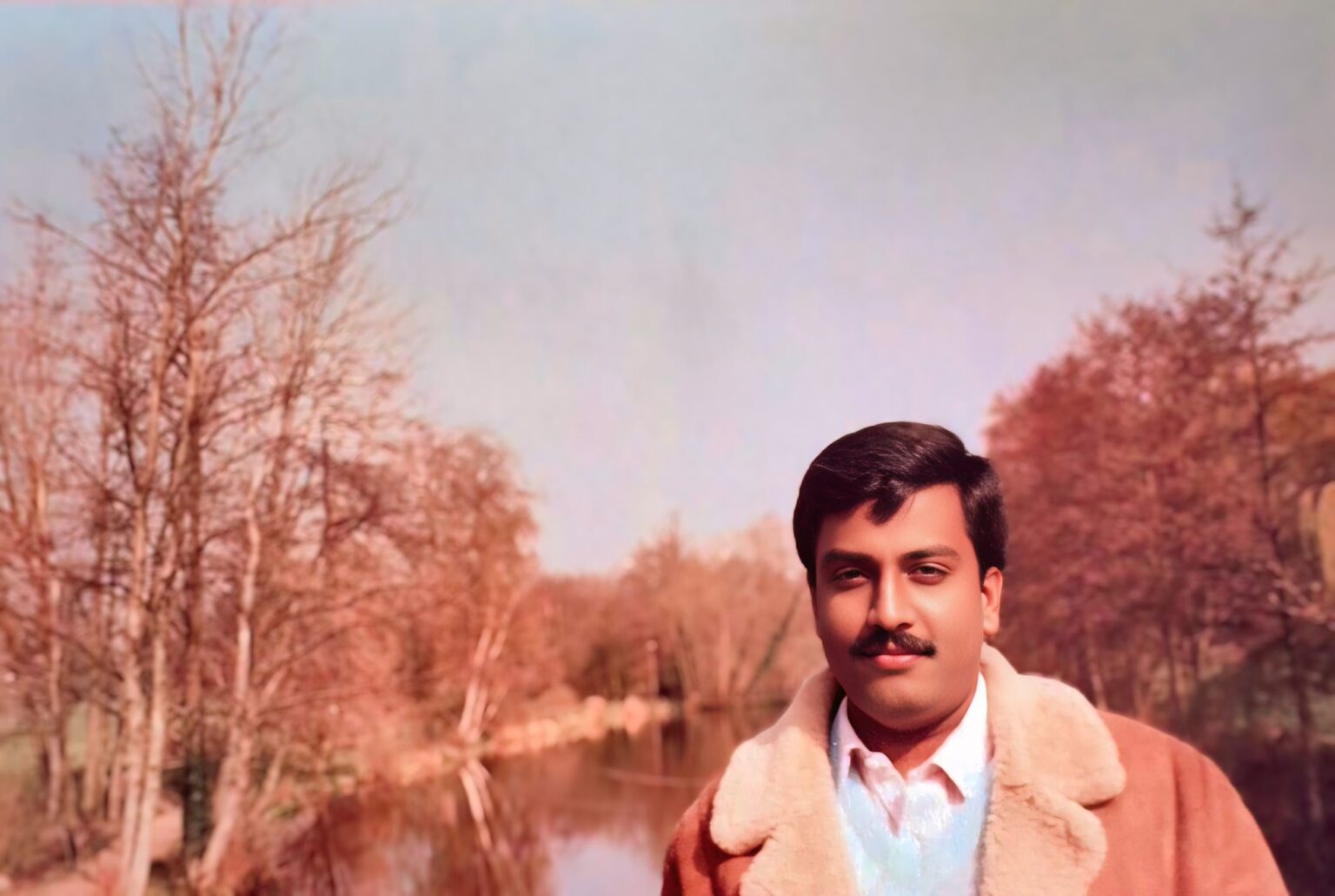
At Whiteknights Lake, Reading, UK 1991
The University of Reading, UK
The landscape with Whiteknights Lake at its heart offers a stunning view, and daily walks within its grounds open up new perspectives. The changing seasons—spring with its vibrant tulips, summer with lush green grass and trees, autumn with yellowish-brown leaves gracefully falling, and winter with days when the lake freezes over, allowing geese and ducks to walk on the ice—have been odes to this campus. Every season holds sweet sentiments that linger through the years as you live.
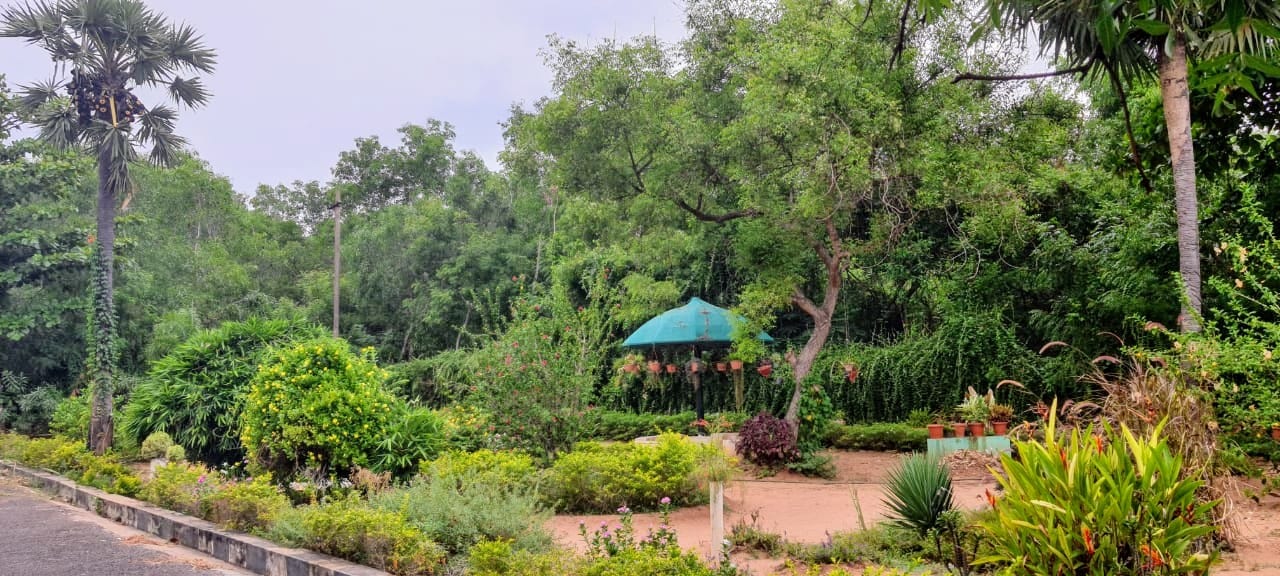
Canteen Garden, RIVER, 2020
RIVER, Puducherry
RIVER boasts a sprawling green campus with buildings nestled like small mushrooms within a verdant forest. The trees, predominantly neem, provide much-needed freshness throughout the day as we walk and work. The fruit trees, herbal garden, canteen garden, the pond, and the animal rehabilitation enclosure all embody a philosophy of “growing with the green.”
“Campuses truly remain with us!”
